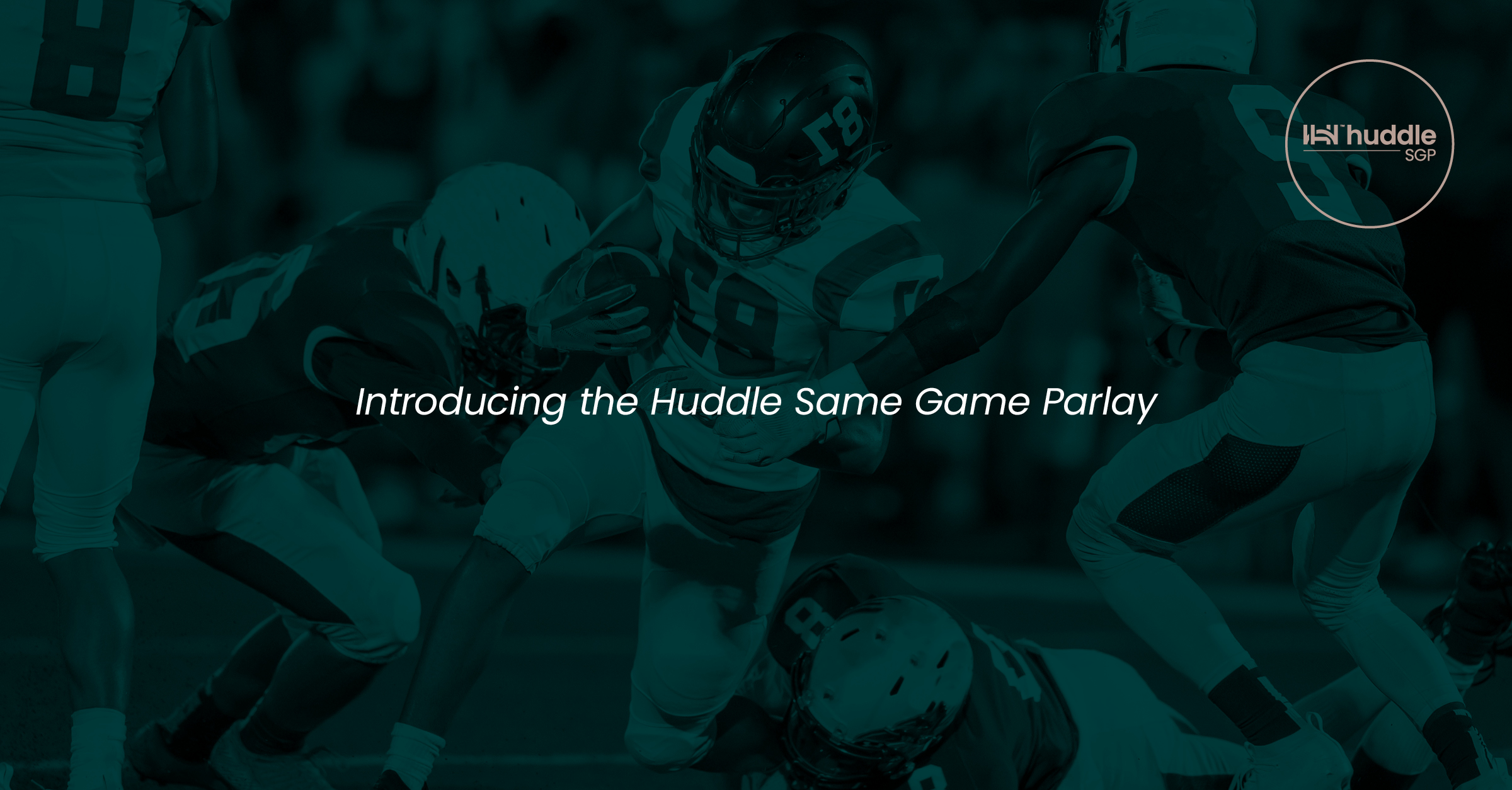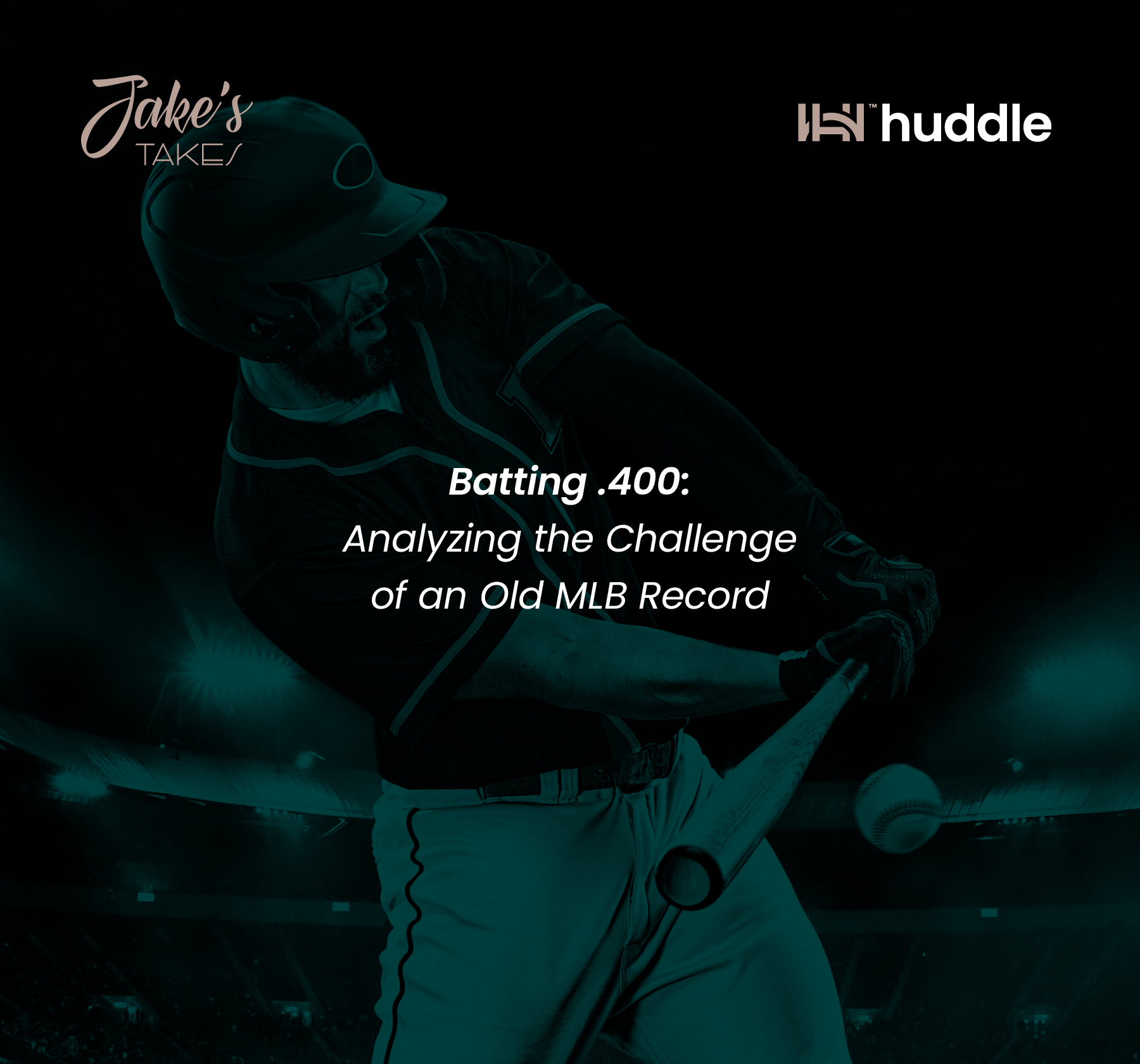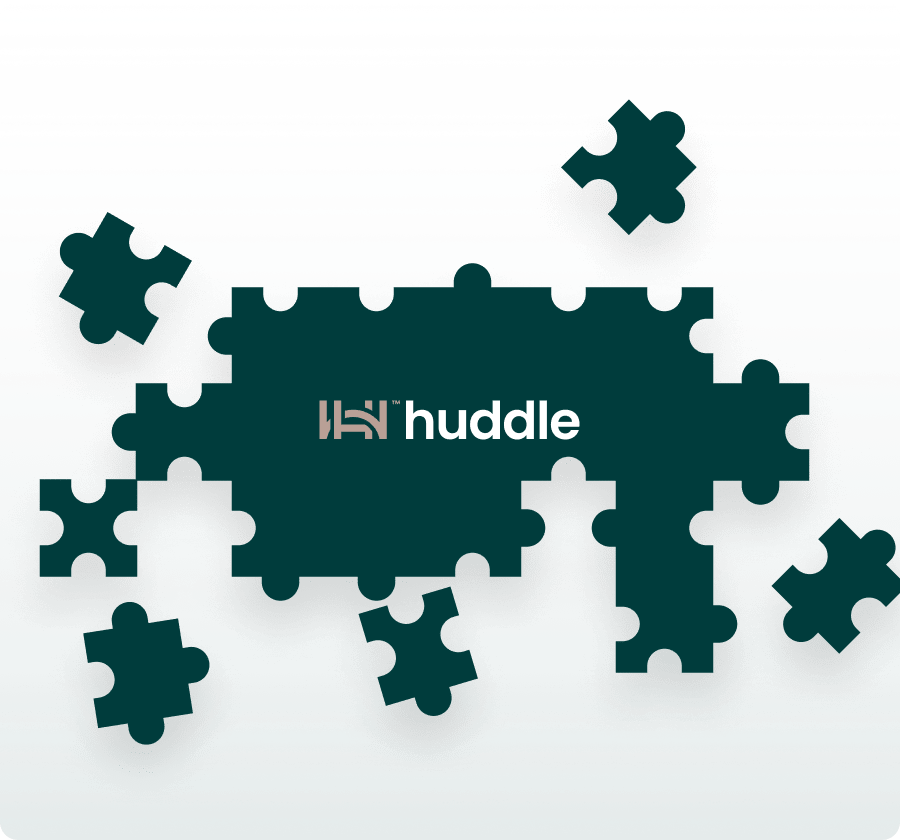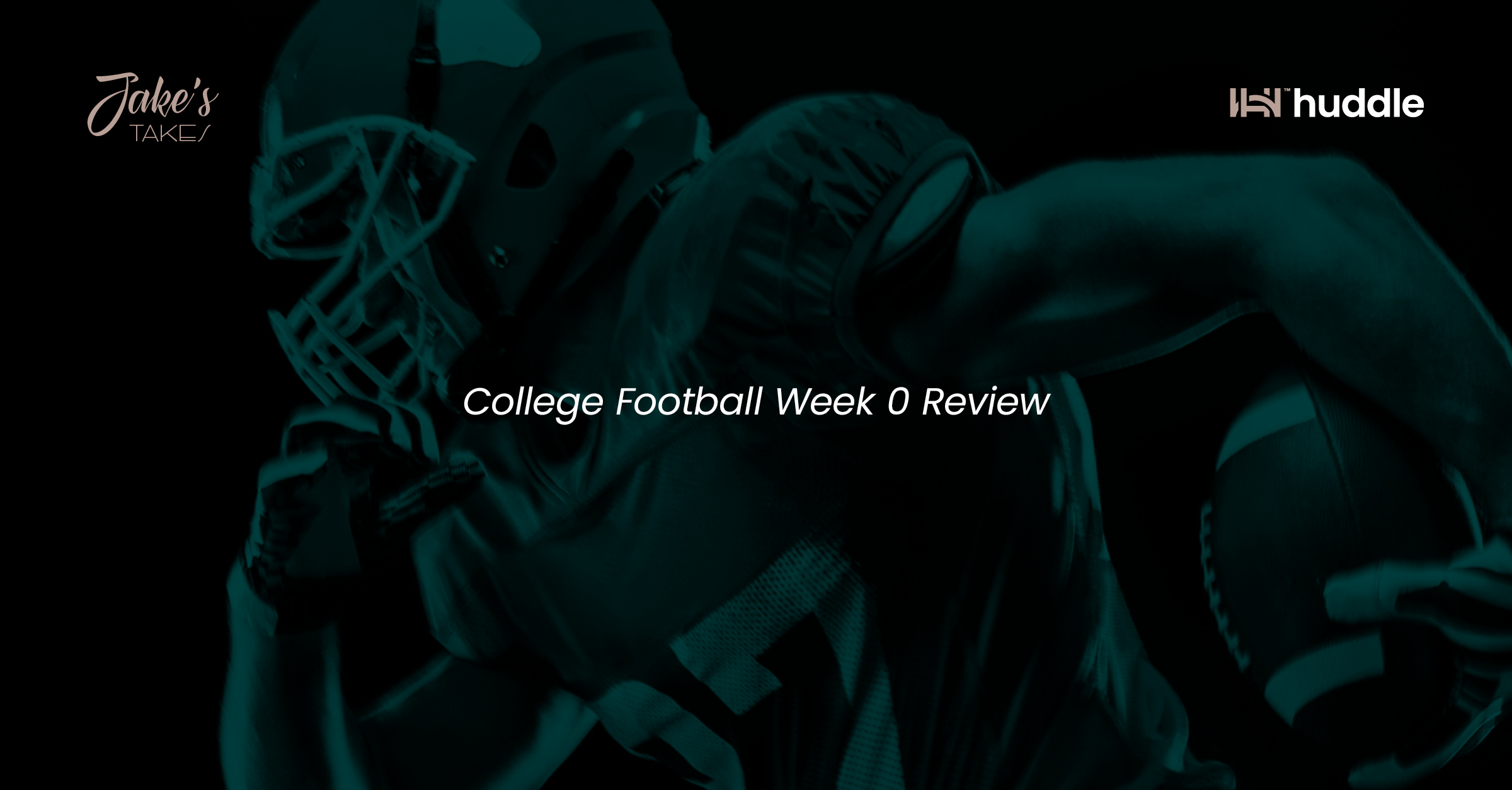
Jake’s Takes: How will NCAAF rule changes affect Huddle’s trading?
Blog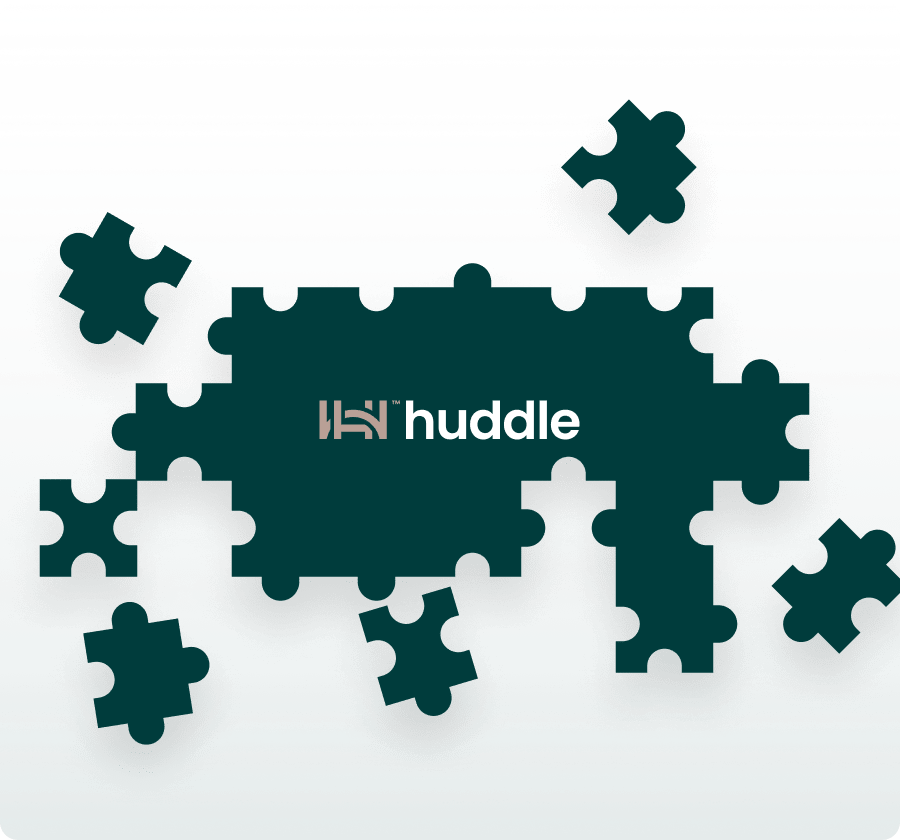
Jake’s Takes: How will NCAAF rule changes affect Huddle’s trading?
Jake Moszkowski is back on the Huddle Knowledge Hub for the latest "Jake's Takes". Jake looks at how the latest changes in College Football could affect the Huddle trading team for the season ahead.
New Changes, Old Rules
Much like the return of the NFL, college football (stylized as NCAAF) is nearing its return as well. Unlike the NFL, there are several large changes to college football that Huddle’s trading team expects to affect them. One of those rules had helped differentiate college football from the professional sport since the late 1960s.
That rule relates to clock stoppage time, as clocks will now run after first downs in Division 1 and Division 2 games. The clock will continue to stop after first downs, however, during the final two minutes of each half.
Stopping the clock after first downs has been a part of college football for the past half-century. Allowing the clock to run continuously is expected to reduce the number of plays per game, as well as speed up the average length of a college football game. With audience attention spans growing shorter by the year, the rule was proposed by a joint collaboration of the NCAA Football Rules committee along with the Playing Rules Oversight Panel.
The latter panel is also expected to review approvals for two other recommended rule changes that could have notable impacts on betting: teams being prohibited from calling consecutive timeouts (such is the case when trying to “ice” kickers or set up alignments) and penalties at the end of the first and third quarters being enforced on the first play of the second and fourth quarters.
Interested in learning about football trading? Read up on how our traders approach the pricing of NFL preseason games here.
Any change that prevents coaches from burning timeouts to save a 5-yard delay of game penalty is going to help scoring - as that timeout is usually more valuable than the 5-yard penalty. Penalties at the end of the 1st and 3rd quarter not carrying over is realistically going to affect maybe 1 play every dozen or so games - though it could matter more if bettors are wagering on 1Q spread/total with under 3 minutes left, because there’d be potentially one fewer play than in the past. As far as icing the kicker goes… Huddle expects no impact there. It’s a popular myth among fans that icing the kicker has some profound impact on the kick, but there’s no evidence to support that.
On the topic of shorter games with fewer clock stoppages, the Huddle Trading team fully expects that less time on the field will affect, unsurprisingly, total points scored in the game. Good offenses will be affected by this change more so than bad ones. Teams with a higher percentage of plays ending in first downs would, in theory, be affected more, but those explosive offenses also tend to end play out of bounds more, which stops the clock. The new rules only apply if the play ends in-bounds. Good offenses that aren’t as explosive have a higher percentage of their plays get around 5-7 yards that aren’t first downs, so most plays won’t affect those teams by the new rules.
With the play clock running after each first down play where the ball remains in-bounds, that’ll result in 5-7 seconds off the clock. While that doesn’t sound like much, it will certainly add up. In addition, larger comebacks will now be harder because of a fewer number of plays in a game. Much like the NFL, it’ll be easier for teams in front to run out the clock.
Conference Realignment
The other major factor to watch is in regards to the conference realignment. For those unfamiliar, there are five major conferences in college football, commonly referred to as the “Power 5.” Those conferences are the Atlantic Coast Conference (ACC), the Big Ten, the Big 12, the Pacific-12 (Pac-12), and the Southeastern Conference (SEC).
Perennial Pac-12 powers USC and UCLA are moving from the Pac-12 to the Big Ten in 2024. BYU, Cincinnati, Houston and UCF have joined the Big-12 for the 2023 season, with Colorado expected to join in 2024. The SEC is adding traditional Big-12 powerhouses Oklahoma and Texas for the 2024 season.
The addition of these teams to existing conferences will create fascinating new rivalries. Who wouldn’t want an Ohio State versus USC yearly game? Or Texas versus Alabama? The downside is the ending of traditional rivalries, like the Oklahoma versus Oklahoma State (aka Bedlam). One harsh reality of realignments is the death of annual rivalry games. Texas & Texas A&M might come back in the SEC, but we’ve lost Nebraska versus Colorado, Cincinnati versus Louisville, and Texas versus damn near everyone in the Old Big 12.
After back-to-back years with enormous movement (OU and Texas to the SEC, then USC and UCLA to the Big Ten), things have quieted back down (for the moment). There are still rumblings of a possible Oregon move, which would constitute as enormous. But for now, we mostly wait for the big changes to kick in next year.

